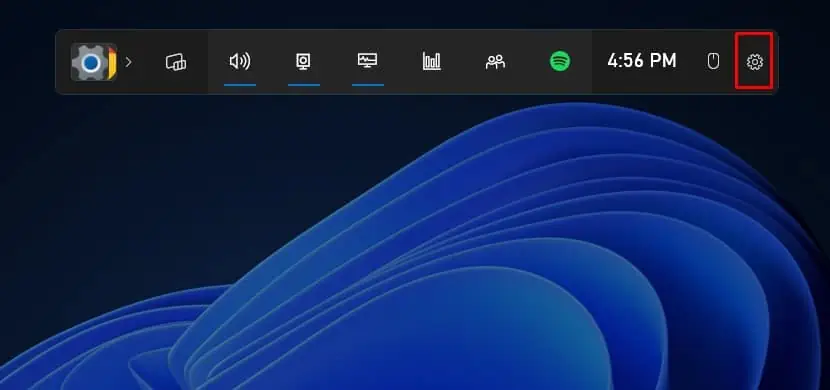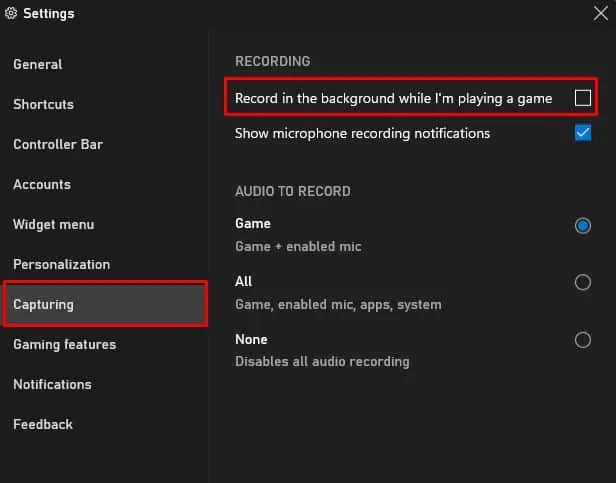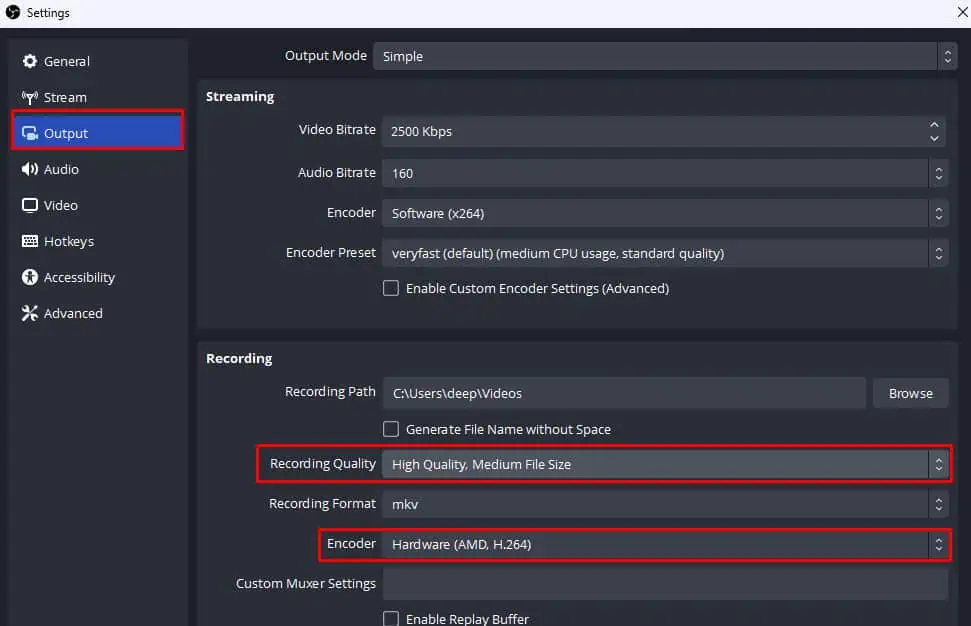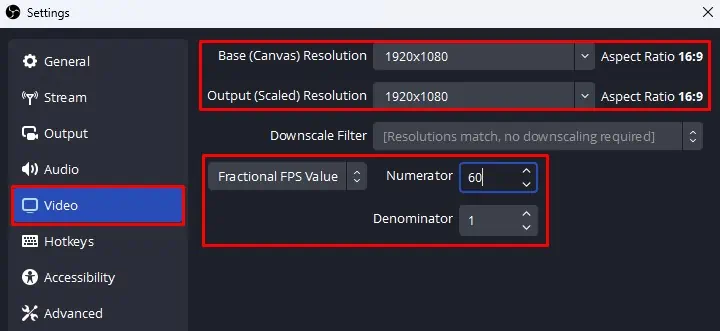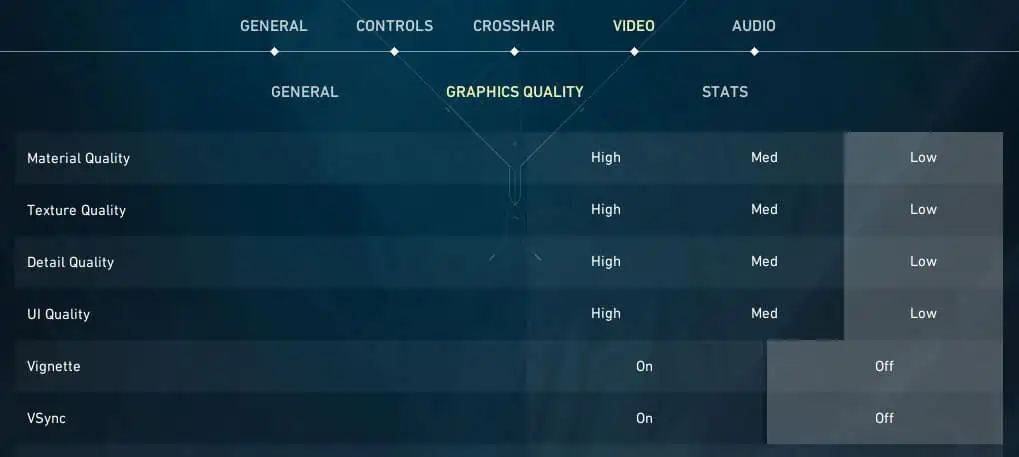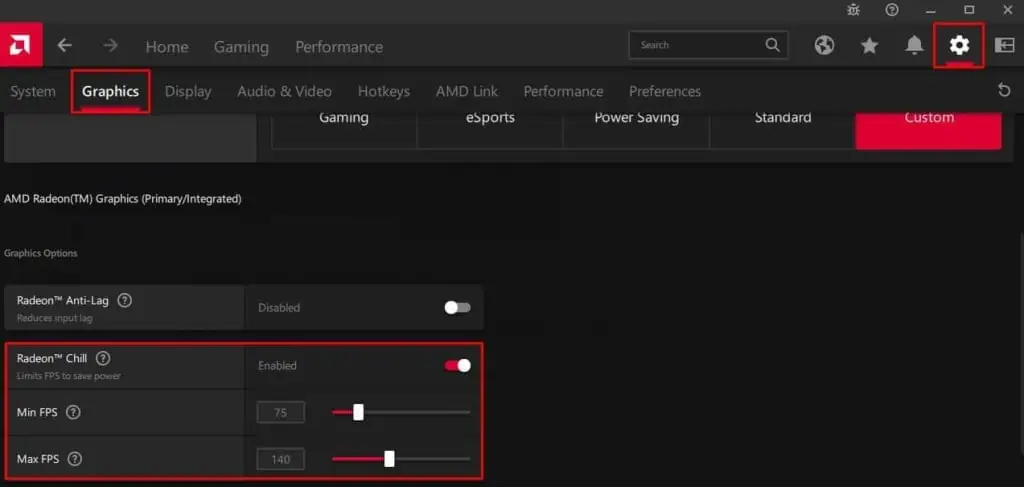Even though your recording process with OBS may seem smooth and free of lags or stutters, there is still a possibility of encountering choppy video output.
Such situations can occur if OBS runs out of memory when encoding the recorded video, especially if the video is recorded at high resolution and high FPS.
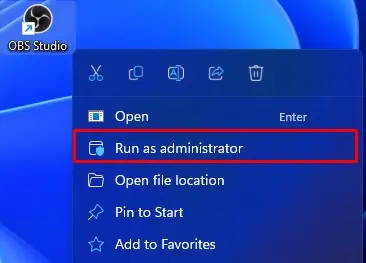
Sometimes, the media player may not support encoding or have issues decoding the recorded clip, resulting in choppy or laggy video playback. In such a case, you can try to play the recorded clip using a media player like VLC.
Run OBS as Admin
Running OBS as an administrator gives the application higher privileges so it can access more system resources. This might fix the issue if OBS is not getting enough system resources.
Change Process Priority
Similar to running OBS as an administrator, setting the process priority to a higher value will allow all OBS background processes to have privileged access to system resources. To set a higher process priority,
Check Background Processes
Some background processes might be hogging significant system resources, leaving OBS little room to work with. In such cases, OBS might record choppy or low-resolution recordings.
To ensure this is not happening to you, we recommend that you check and clear any background process that’s using high CPU, RAM, or Disk usage fromTask Manager.
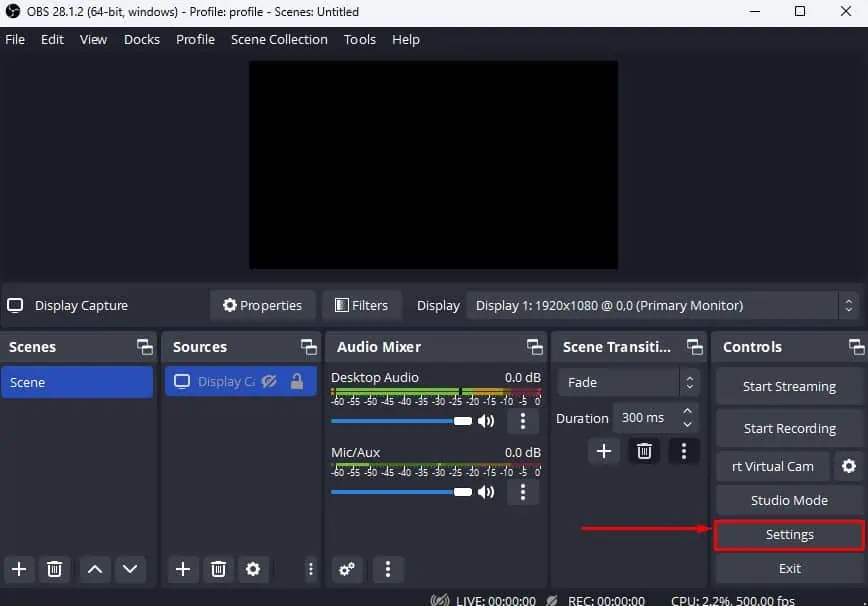
Disable Game Mode and DVR
Although enabling game mode optimizes your PC for gaming, it is reported to introduce lag and performance issues with OBS in older version of Windows. So, we recommend that youdisable the Game Mode.
Like OBS, Game DVR also records your gameplay. Running the two simultaneously can cause conflicts when using hardware encoding like NVENC. To make sure this does not happen, disable Game DVR.
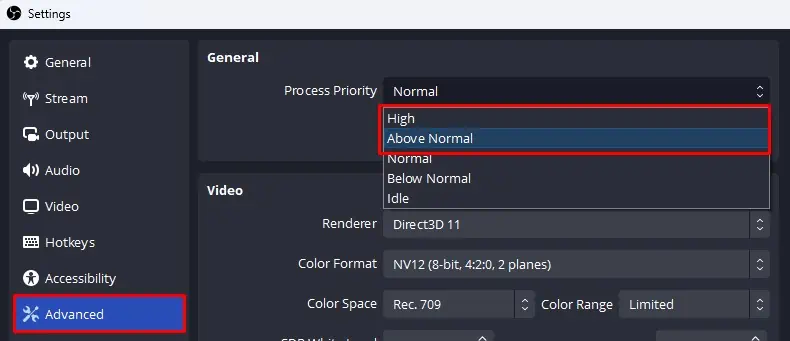
Change OBS Recording Settings
The final output of the recording also depends entirely on the settings used to record. Even on a high-end system, the recording might be choppy if you have extreme recording settings.
Few settings to keep in mind when recording is,
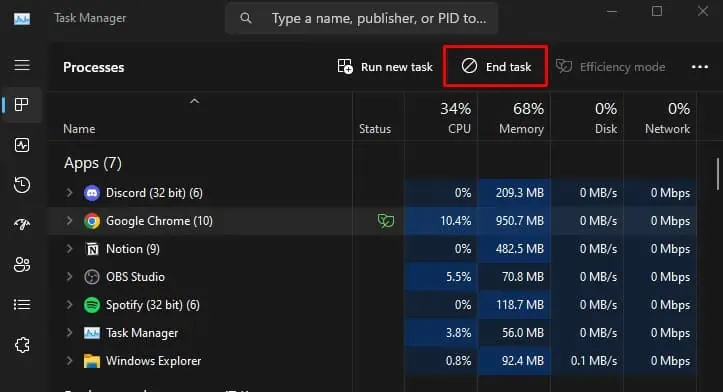
Recording screen with a high resolution, quality, and FPS demands more system resources. This might result in encoding lag.
To avoid this, here are some OBS settings that we recommend.
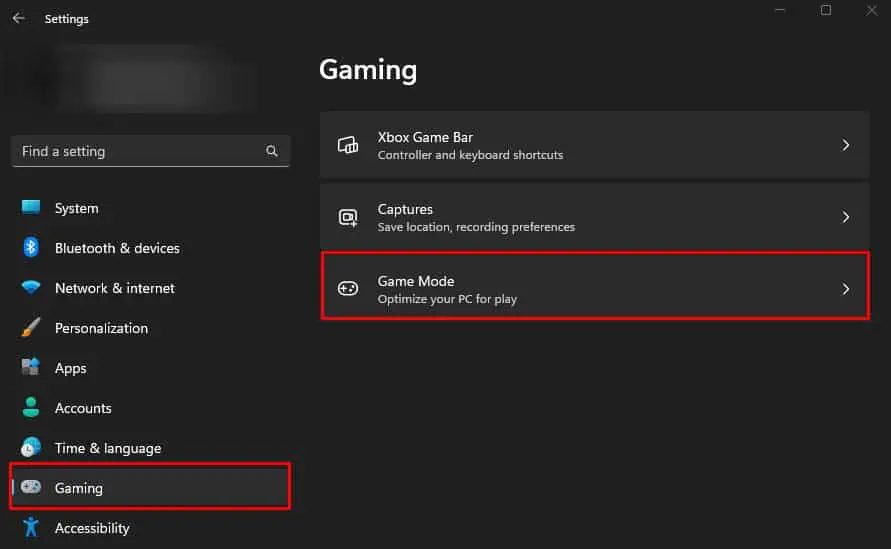
Lower In-Game Settings
Running games at max or ultra settings will take high memory and CPU usage. Furthermore, recording this video will also take up a considerable amount of system resources. This will simultaneously result in OBS to record choppy videos.
To fix this try running your games on a lower setting.
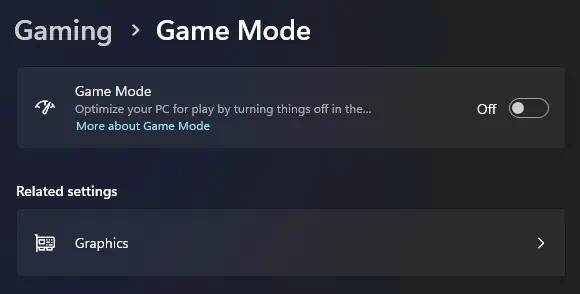
I also recommend that you cap your FPS to 60. To limit your in-game FPS, you need to tweak some settings.
On NVIDIA Graphics Card
Create New Profile
By creating a new profile, OBS will set all its settings to its default values. So, if the above method does not work, you can try creating a new profile.
